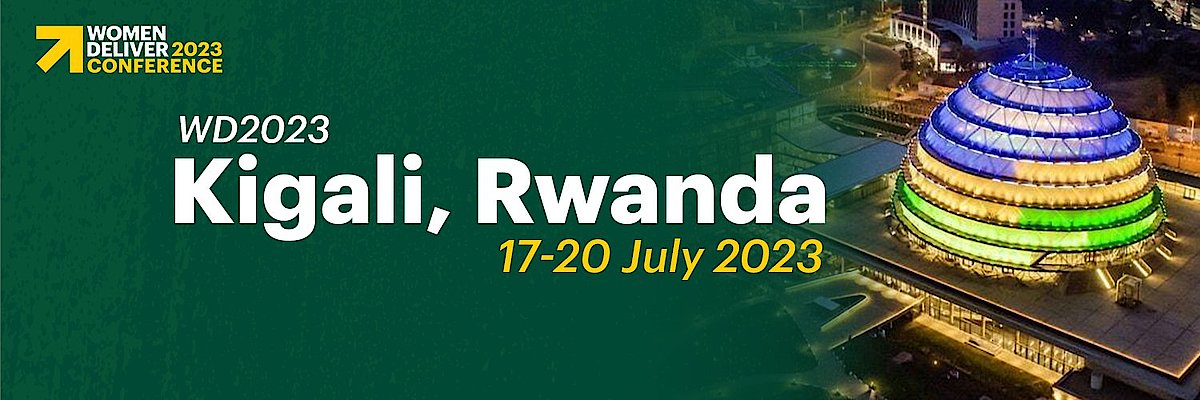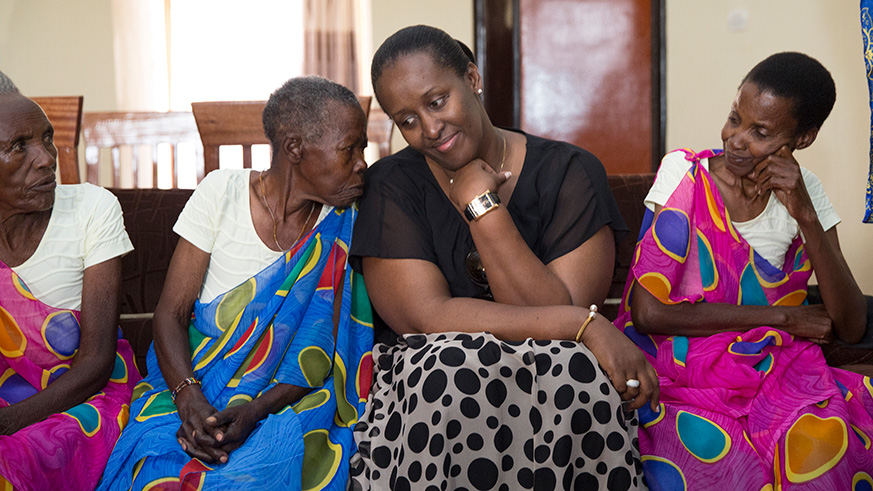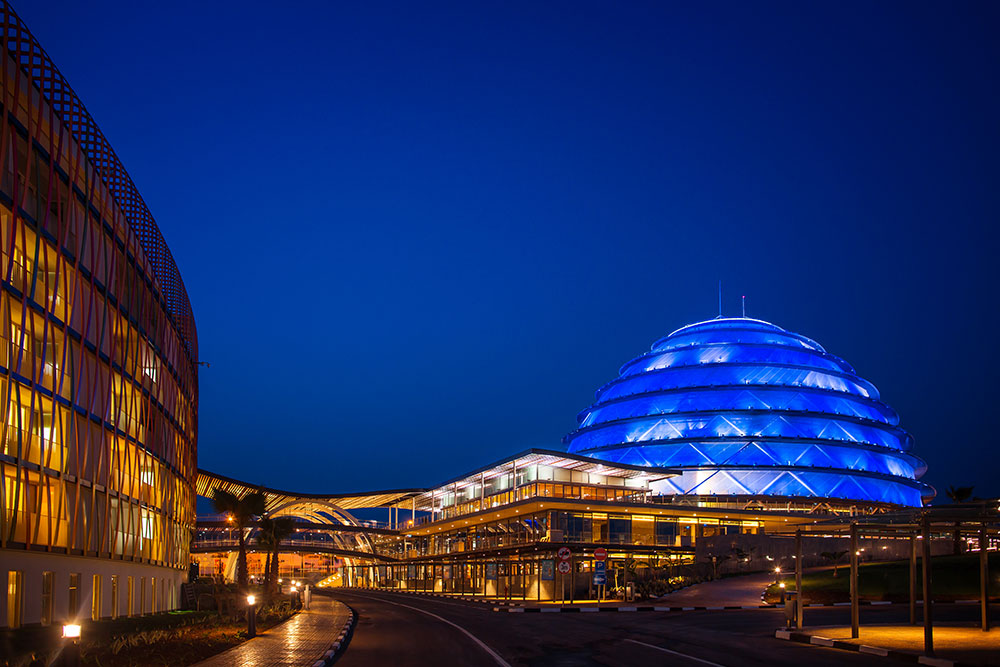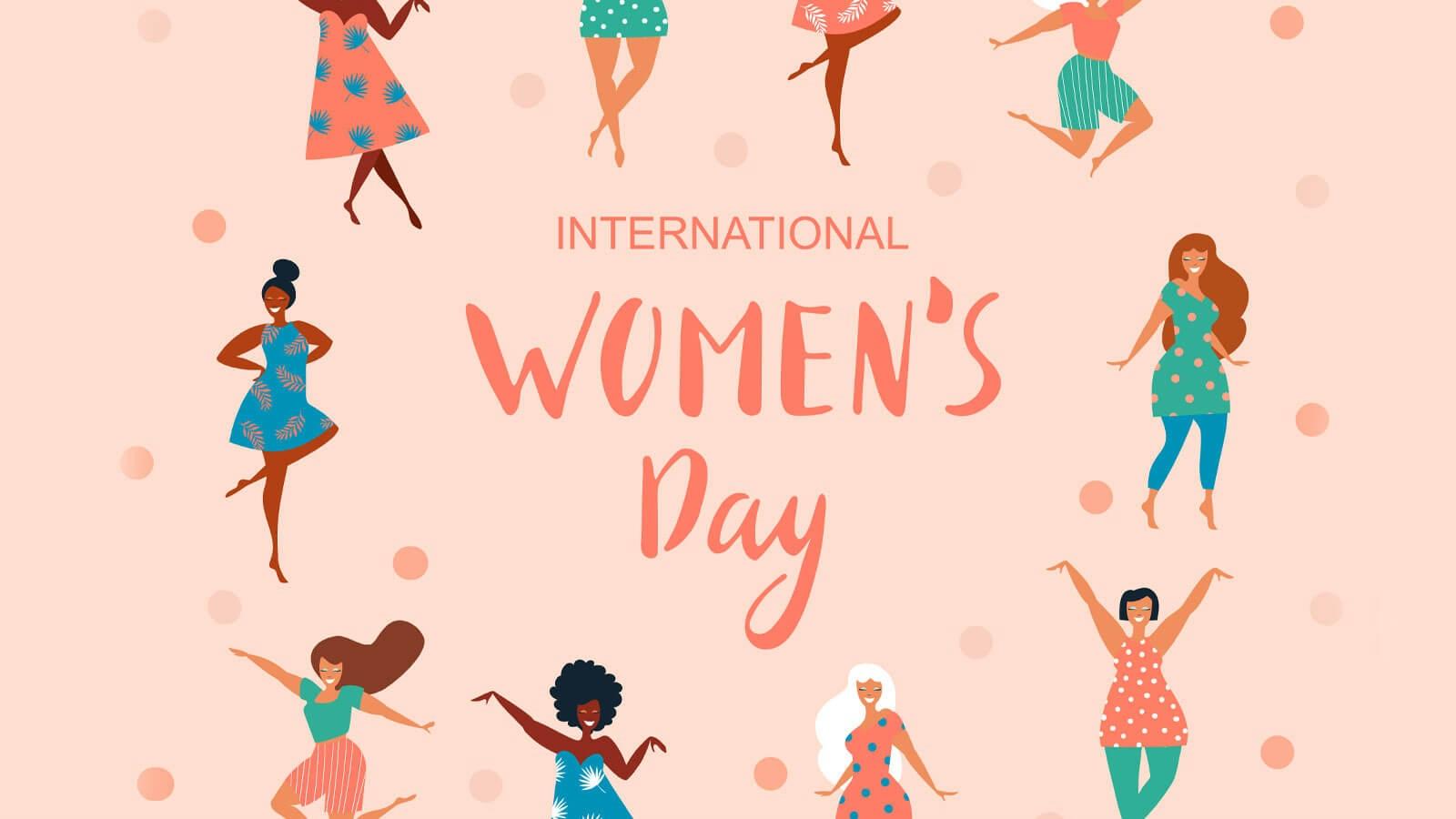Regional
Rwanda’s bold steps in closing gender gap inspire nations
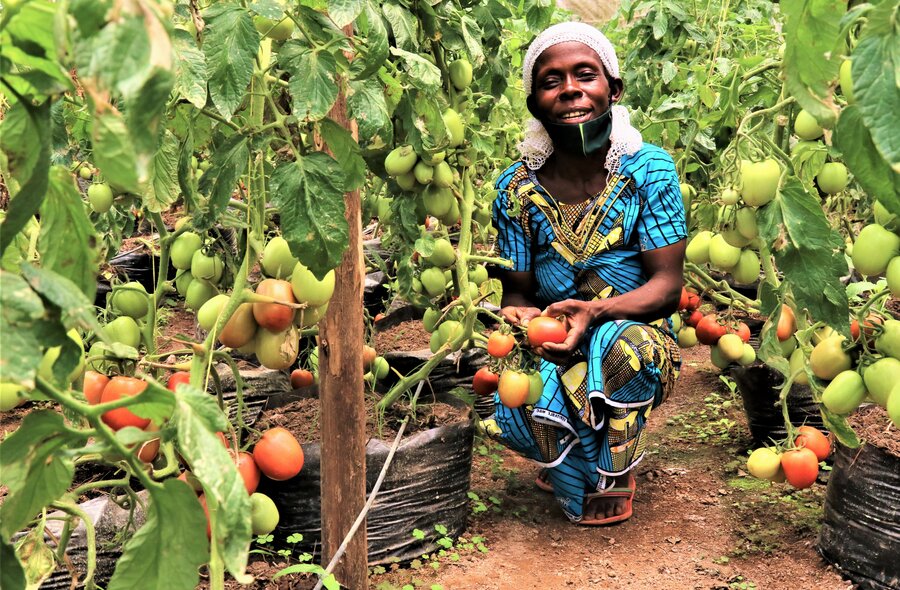
Rwanda is globally recognized for having made significant
progress in advancing gender equality in various sectors and for creating equal
opportunities for men and women. The east African country is an example in
closing the gender gap.
The Global Gender Gap Index 2022 ranked Rwanda as the
first in Africa and the sixth, globally, in closing the gender gap.
Every March 8, Rwanda joins the world to celebrate
International Women’s Day.
During the celebrations on March 8, 2022, President Paul
Kagame stressed that equality is a right not a favour. He urged the nation to
do much more, better, to ensure that the next generations of "our
daughters and granddaughters inherit a nation" where their aspirations
have no limits.
That speaks volumes about Rwandans gender equality
journey.
After stopping the 1994 genocide against the Tutsi, the
RPF shifted the previously traditional patriarchal society into an inclusive
society. Before 1999, customary laws and practices did not recognize women’s
land rights. Women and girls could not inherit, own and control land as their
brothers. Men dominated leadership positions in both government and the private
sector.
The post-genocide Rwandan government challenged this
old-style gender narrative with the aim of empowering women and making them
feel respected, strong, and able to make positive changes in their society.
Since 2003, Article 9 of the Rwandan Constitution guarantees a minimum of 30
per cent of posts in decision-making organs to women. The
government adopted regional and international treaties, conventions and
agreement that promote gender equality including but not limited to the
Universal Declaration of Human Rights (1948), and the Convention on the
Elimination of all Forms of Discrimination against Women (1979).
Rwanda is the first country, globally, with the highest
number of women parliamentarians - 61.25 per cent in the Chamber of Deputies,
way above the current global average of 26.4 per cent. Women also hold over 50
percent of Rwanda's ministerial positions.
In 2015, the government amended the 1999 law regarding
matrimonial regimes, family donations and succession, to provide modalities of
succession for female descendants who had been left out.
Adopted in 2016, the new law provides that both boys and
girls have the same rights to inherit property from their parents. It also
provides for equal property management among married couples.
Land reform in Rwanda also supported women to have equal
rights with men on land access, ownership, and use. The move led to both men
and women having land titles registered in their names.
Women’s access to land narrowed financial inequality and
allowed many of them to use land titles as collateral to obtain bank loans and
engage in income-generating activities.
Although there is still a number of challenges dragging
women behind in terms of financial inclusion, the number of women who are
banked greatly improved, rising from 24 per cent in 2016 to 34 per cent in
2021.
The legal and conducive policy environment highly
contributed to the realization of gender equality and empowerment of women
across different sectors in Rwanda.
The country initiated various programs and policies to
eliminate gender disparities in education and promote girls' education. Many
girls were required to focus on the household as future mothers and stimulated
to marry young or seek employment instead of attending school.
Initiated in 2008, a Girl’s Education Policy eradicated
barriers to girls’ education and increased girls’ access to and participation
in secondary and higher education.
The policy, among others, provided remedial courses for
girls seen as at risk of failing or dropping out of school and intensive
remedial holiday courses for girls who wished to enter male-dominated fields.
It ensured that 50 per cent of places for women or girls are reserved for entry
into higher education to guarantee equal representation in the education
sector.
Imbuto Foundation, under the leadership of First Lady
Jeannette Kagame, boosted awareness on the benefits of girls’ education and
offered awards and scholarships to best-performing girls nationwide.
The government made an effort to rise the participation
of women and girls in science, technology, engineering, and mathematics (STEM)
related subjects to increase their chances for employment and improved economic
empowerment.
According to statistics from the Ministry of Education,
in 2020 female students who were enrolled in STEM programs in upper secondary
education comprised 51 per cent of total students while male students were 66
per cent. In tertiary education, only 32 per cent of female students were enrolled
in STEM fields compared to 51 per cent of male students.
Rwanda’s priority is now advancing gender equality in
digital and financial inclusion, and to continue challenging traditional gender
norms.
Kagame, a strong champion of gender equality, knows that
despite his country’s mammoth achievements, much more remains to be done to
tackle bias attitudes about gender which are “deeply embedded in our political,
social, and economic systems.”
“All of us share the responsibility to play an active
role in changing these negative mindsets," he told over 6 000 delegates at
the opening of Women Deliver 2023 Conference in Kigali, on July 17.
The Women Deliver 2023 Conference (WD2023), the
first-ever on the African continent, took place in-person in Kigali as well as
virtually, from July 17 to 20, as one of the largest multi-sectoral convenings to
advance gender equality. It convened 6,000 people in Kigali and over 200,000 people
online.
The conference organisers chose Rwanda as host because,
among others, Rwanda is a source of inspiration to many nations. The country
exemplifies gender equality and is looked to as a world leader and unique case
study. There has been a lot of policy advancement around gender equality over,
particularly, the last decade.


